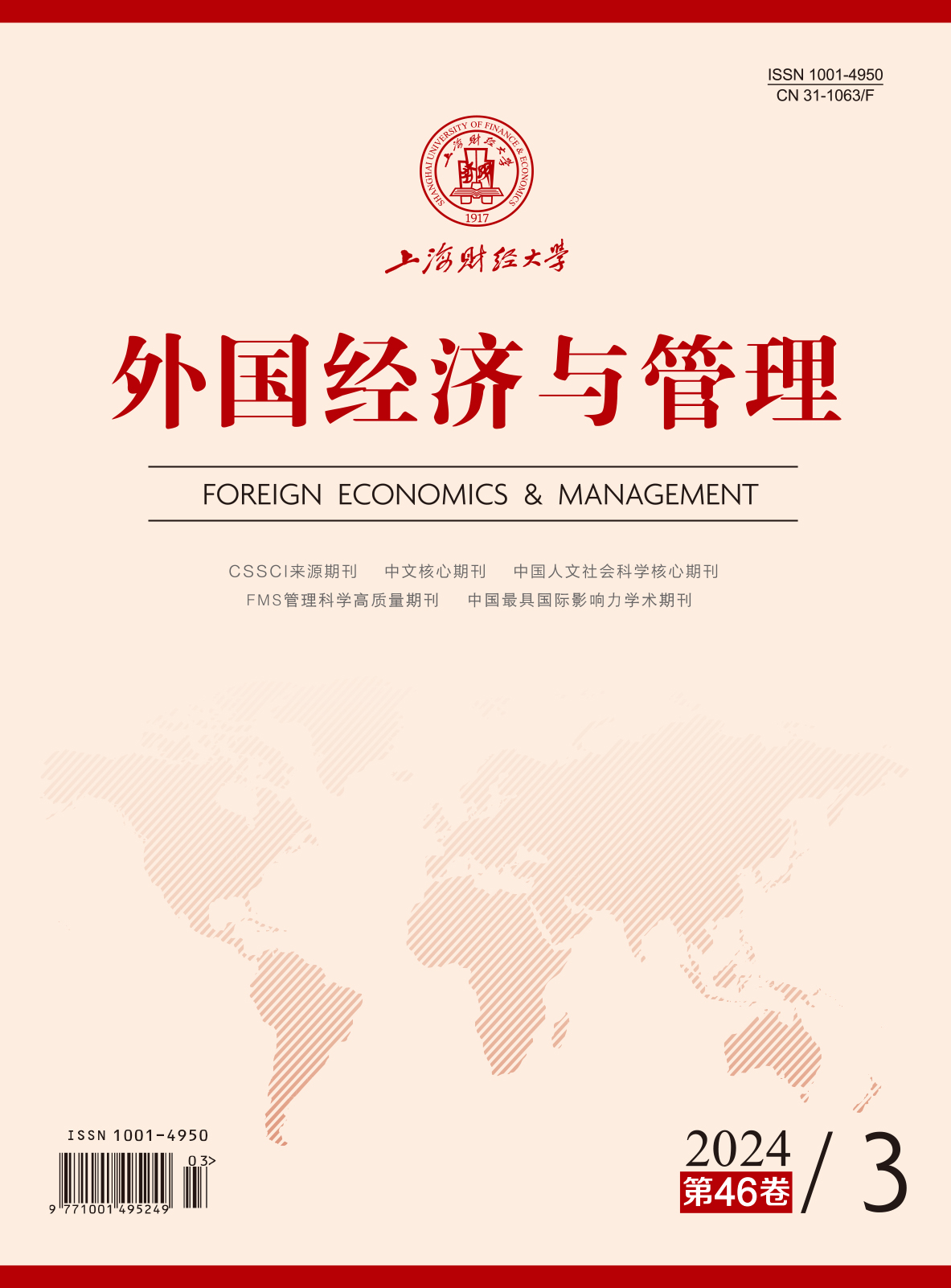This paper takes China’s A-share non-financial listed companies from 2014 to 2018 as the research sample, and uses the quasi-natural experimental method to study the impact of market competition mechanism on enterprise digital transformation and its channels of action.
The conclusions are as follows: First, the market competition mechanism can effectively promote enterprise digital transformation, mainly through three internal channels: enhancing the effectiveness of management incentives, improving the level of management decision-making, and strengthening the entrepreneurial orientation. Second, if the market competition mechanism wants to play a better role, it cannot do without an external environment with a higher degree of marketization and a stronger atmosphere of innovation. Third, the role of market competition mechanism is affected by the internal evolution stage of enterprises. The most significant impact is on the growing enterprises, and the impact on the mature and declining enterprises gradually decreases until it disappears. Fourth, after the market competition mechanism promotes digital transformation, enterprises can reduce the costs of information search, supervision and transaction, and post conversion, and ultimately improve their production efficiency.
Based on the above findings, the following enlightenment is obtained: First, we need to adhere to the concept of fair competition in the market, break through the unfair barriers between regions and industries, alleviate the differences in unfair access to market opportunities caused by the imperfect market mechanism, and promote the overall improvement of the digitalization level of Chinese enterprises through a fair market competition mechanism. Second, we need to ensure that the channel for market competition to play its role is smooth. Enterprises can not only increase managers’ willingness and motivation for digital transformation through market-oriented incentives, but also improve the efficiency of the decision-making and implementation of digital transformation by formulating scientific and effective management systems, and can also vigorously cultivate innovation and entrepreneurship culture and maintain the awareness of digital transformation at all times. Third, we need to create a good policy environment, reduce the institutional costs faced by enterprises in the daily operation process, and deeply embed innovation and entrepreneurship thinking into the daily business activities of enterprises. Fourth, we need to formulate market competition policies differently. When formulating market competition policies to promote enterprise digital transformation, we should avoid the policy of “one-size-fits-all” and improve the effectiveness and accuracy of market competition policies.





 7024
7024  5973
5973

